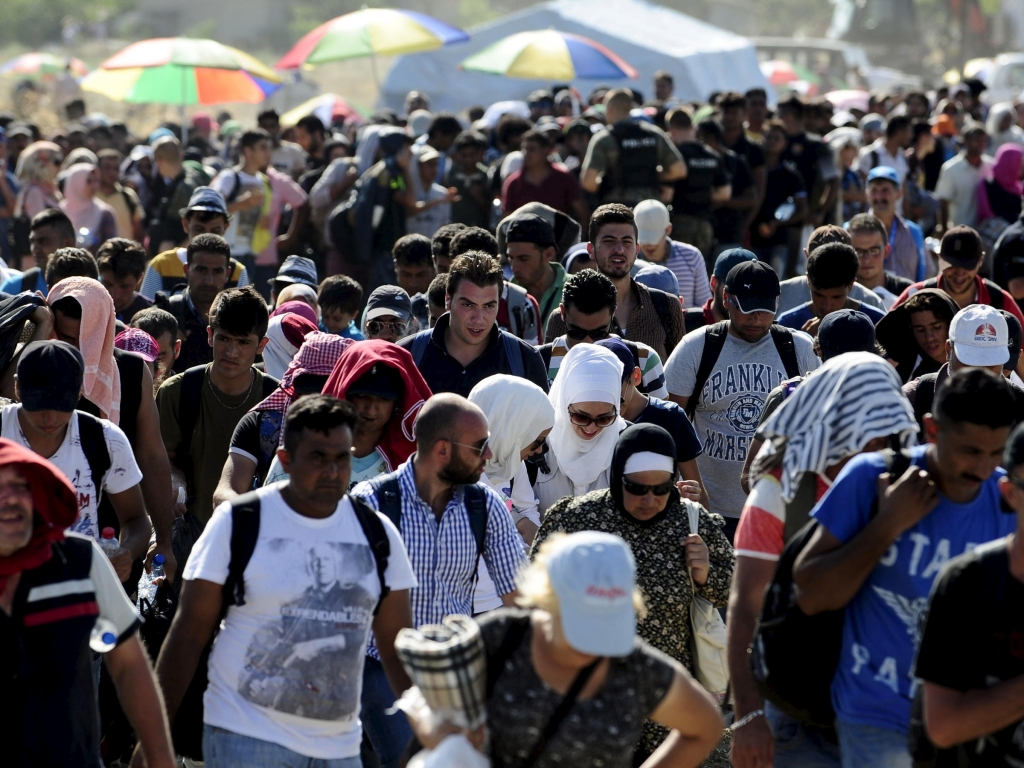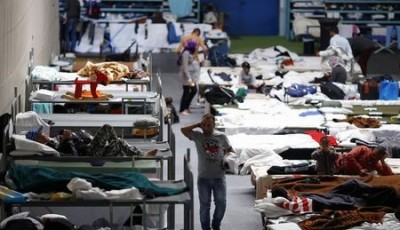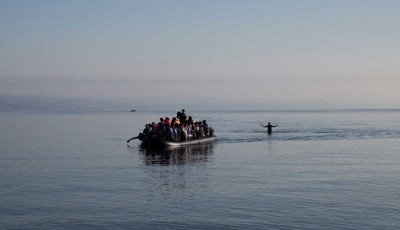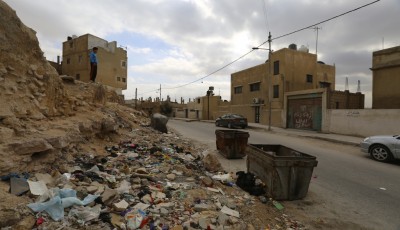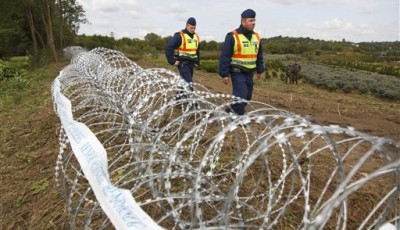Macedonia allows all 1500 migrants at border to enter from Greece
In Geneva, the global Federation of Red Cross and Red Crescent Societies appealed for “greater support for tens of thousands of vulnerable migrants entering Europe through the Western Balkans route”.
“The support that we now receive is symbolic, and most of the burden is on the Macedonian institutions”, Mr Poposki said. Migrants rarely apply for asylum in Macedonia, instead passing through the country on their way to northern European nations like Germany and Sweden.
The government lashed out at Greece, as an EU member, for letting the migrants through and in some cases aiding their passage by chartering ships to take them from inundated Greek islands to the mainland.
From Gevgelija, the migrants hope to get a 200-kilometre ride north, to Tabanovce on the border with Serbia, the next country on their trek away from violence at home and security in the European Union.
Moreover, hundreds more migrants were also reported to be heading towards the border from the Greek side on foot or arriving on buses from the direction of the northern Greek port of Thessaloniki. Macedonia says it must ration entry after up to 2,000 people began streaming in every day in recent weeks, and amid chaos at the local Gevgelija railway station as crowds stormed trains.
Macedonia on Thursday declared a state of emergency and sealed off the border for 24 hours.
Closing off Macedonia would create a bottleneck in Greece, which is an EU state but is already struggling to cope with a huge influx of migrants thanks to its ongoing economic difficulties.
Migrants wait to enter Macedonia from Greece on the border line…
Saying they would ration access, riot police used tear gas and stun grenades to drive back crowds, but were overwhelmed last Saturday by several thousand who tore through police lines or ran through nearby empty fields.
At the border with Serbia, Serbian Defence Minister Bratislav Gasic, who was visiting a reception centre, said more than 5,000 people had crossed overnight.
Some authorities are calling these people “rioters”, but “they are actually refugees”, said Giorgos Kosmopoulos, Amnesty International’s chief for Greece.
Police subsequently seemed to regain control of the situation, stopping the flow of people after hurling a dozen stun grenades in some 30 minutes.
Earlier on Saturday, Hull said he heard the sound of small arms being fired above the heads of the refugees, including a mother and her two children.
Syrian Fatima Hamido, 23, was among those who had slept outside in the rain with nothing to eat, saying: “In this Europe, animals are sleeping in beds and we sleep in the rain”.
By late evening not a single person remained in the strip of no-man’s land at the border where more than 2,000 people, including women and children, had been stuck without proper shelter since Thursday.
